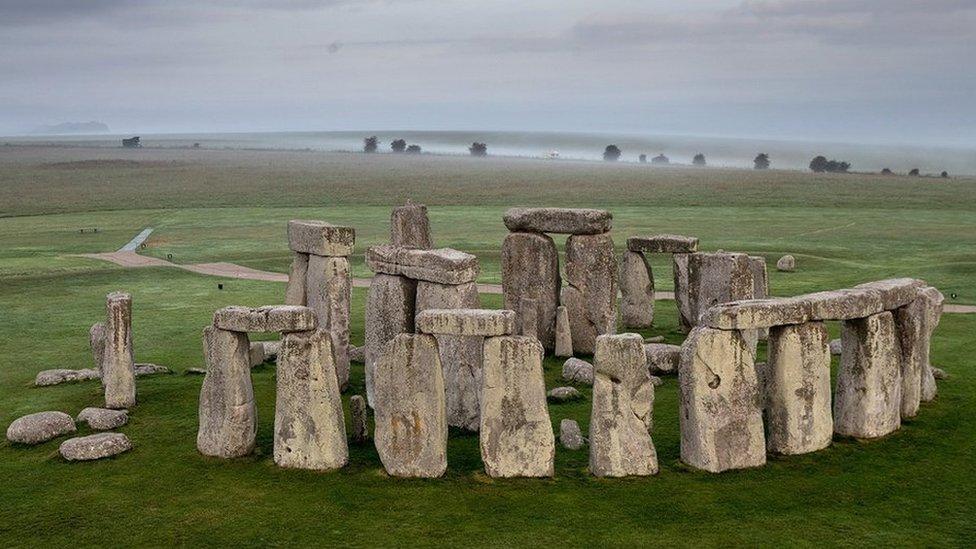Why is the Stonehenge tunnel still an issue?
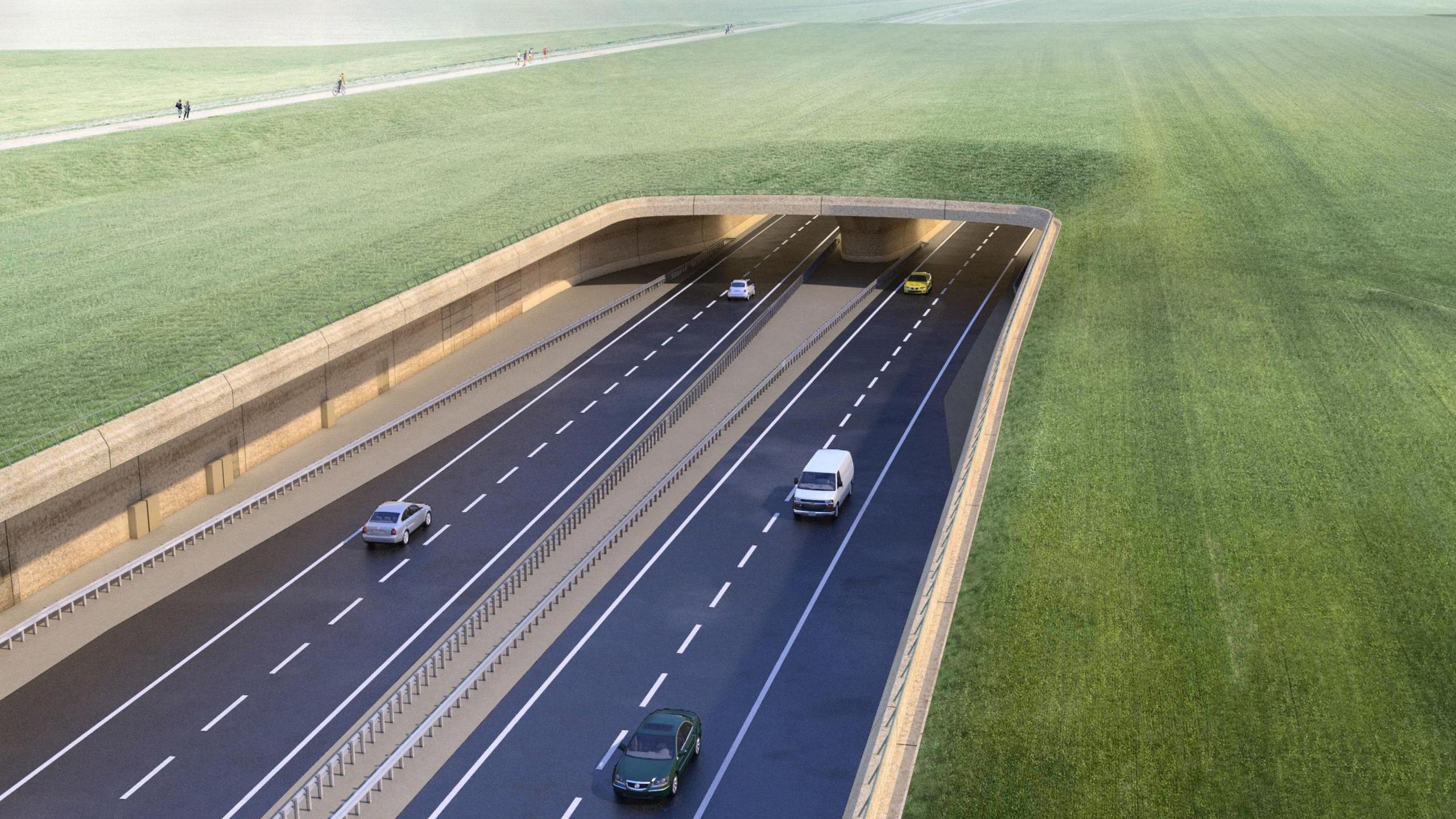
The tunnel plan was debated for decades
- Published
Last year, the government scrapped the scheme for a tunnel for the A303 past Stonehenge for financial reasons, but the project still has planning permission.
Now though, the government has proposed to revoke permission altogether, which has received both backlash and support.
Taking away the permission - or development consent order - means the plan would need to start from the beginning if it were later revived.
Why a tunnel?
There have been decades of debate over the proposal for a tunnel under the world heritage site. Stonehenge can be seen from the A303 and vice versa, and the famous monument is not a UNESCO site on its own - it includes the landscape around it.
The section of the A303 involved in the plans is known for having traffic issues. It is expected that dualling it would help - and putting it in a tunnel would re-connect the ancient landscape.
Many living in local villages feel it is the most viable option, as traffic piles up along country roads when the A303 is blocked.
Councils in the region said a tunnel would help the economy and investment in the south west.
Wiltshire Council called the move to revoke permission "completely unacceptable".
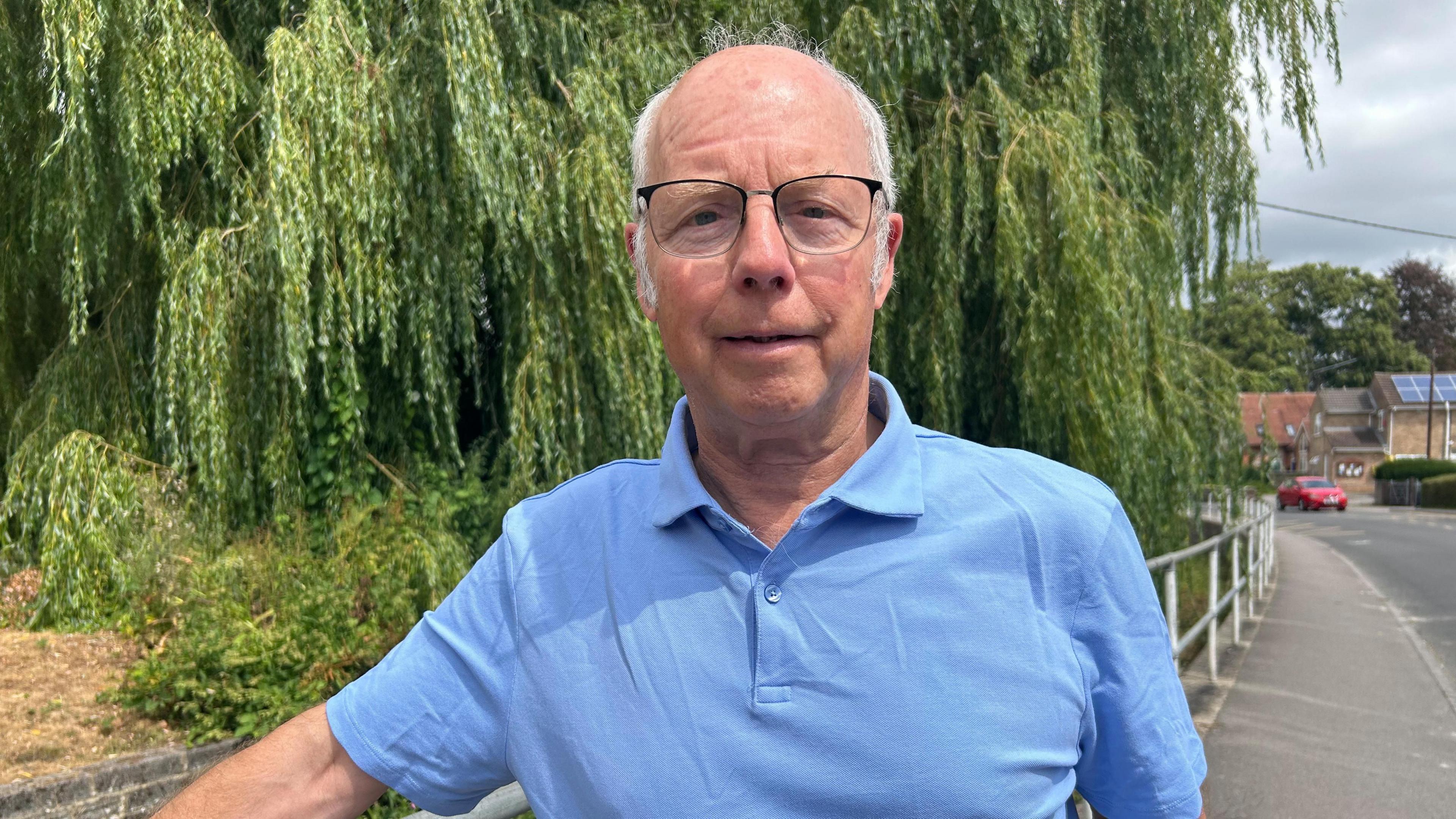
Councillor Paul McKernan believes a tunnel is the only way forward
Paul McKernan is a parish councillor in Shrewton, one of the places worst affected when the A303 is blocked.
He explained the rural area around the A303 "is just not able to cope with the flow of traffic" when there is a problem, which he said had become a regular occurrence.
Mr McKernan added it was "wasting 40 years worth of effort" and it "kicks this project generations away".
"The lives and the livelihoods of the villagers and their quality of life is seriously impacted. It's a standing joke on a Friday. The village comes to a grinding halt, every Friday, without exception."
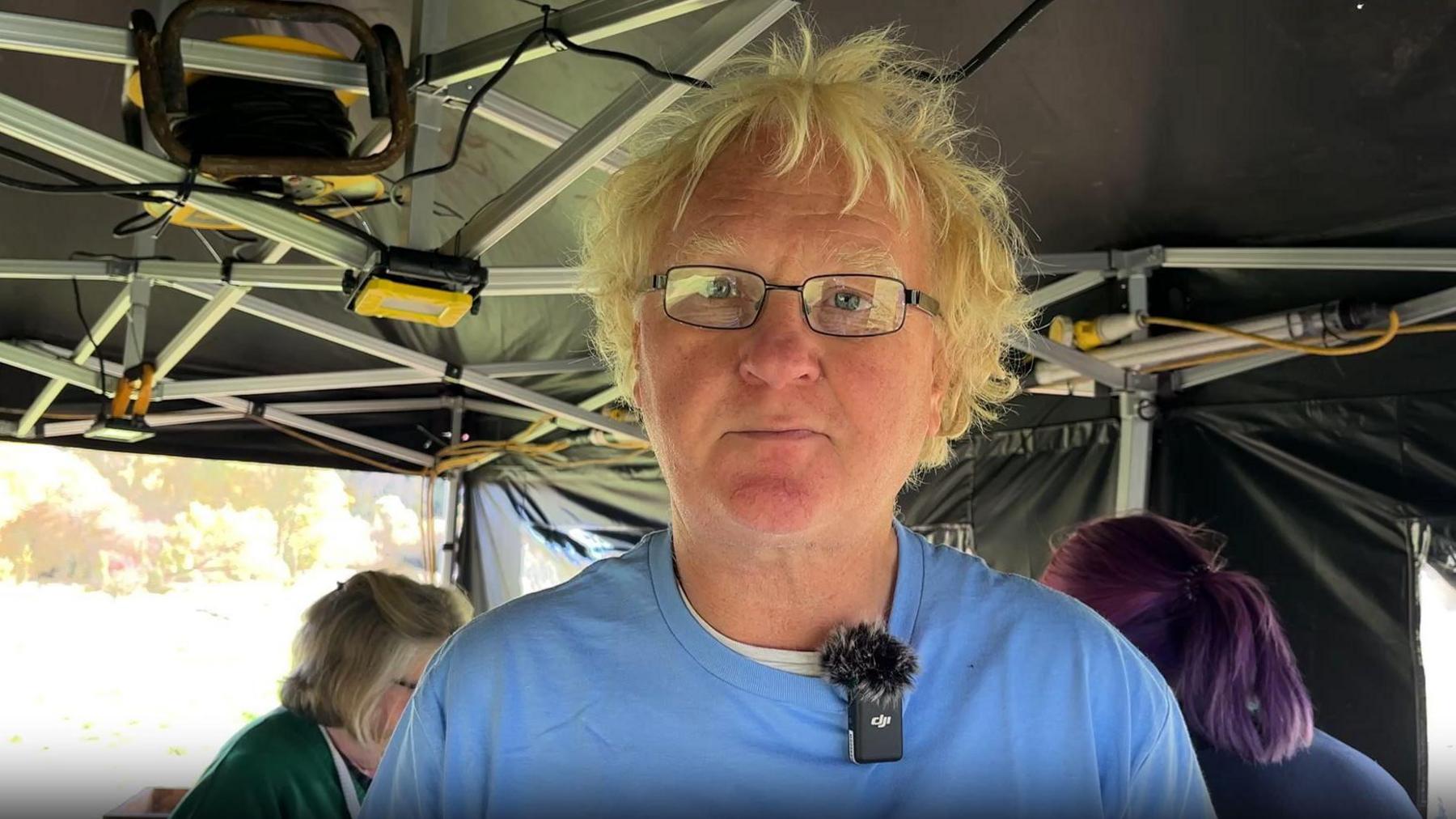
Professor David Jacques has done archaeological digs at the world heritage site
Campaigners managed to get the tunnel plans delayed through the high court, but were not successful in their last attempt.
Acting chair of the Stonehenge Alliance Mike Birkin said: "It's really a weight off the future of the Stonehenge World Heritage Site if this planning permission is revoked."
Professor David Jacques is an archaeologist who has worked at a nearby ancient spring called Blick Mead for decades. Within the world heritage site, it has evidence dating back thousands of years before Stonehenge.
He said the tunnel scheme would likely "have destroyed all the environmental evidence, and without that, we wouldn't be able to sort of decode it".
'Tamper at your peril'
Prof Jacques said there was a traffic problem, but he did not see the tunnel as the solution.
"We have got an absolutely precious, unique jewel in the Stonehenge landscape, and you tamper with it at your peril. If you do that, you're never going to get it back."
While there has been argument over the heritage benefits of a tunnel, UNESCO expressed concern in the past.
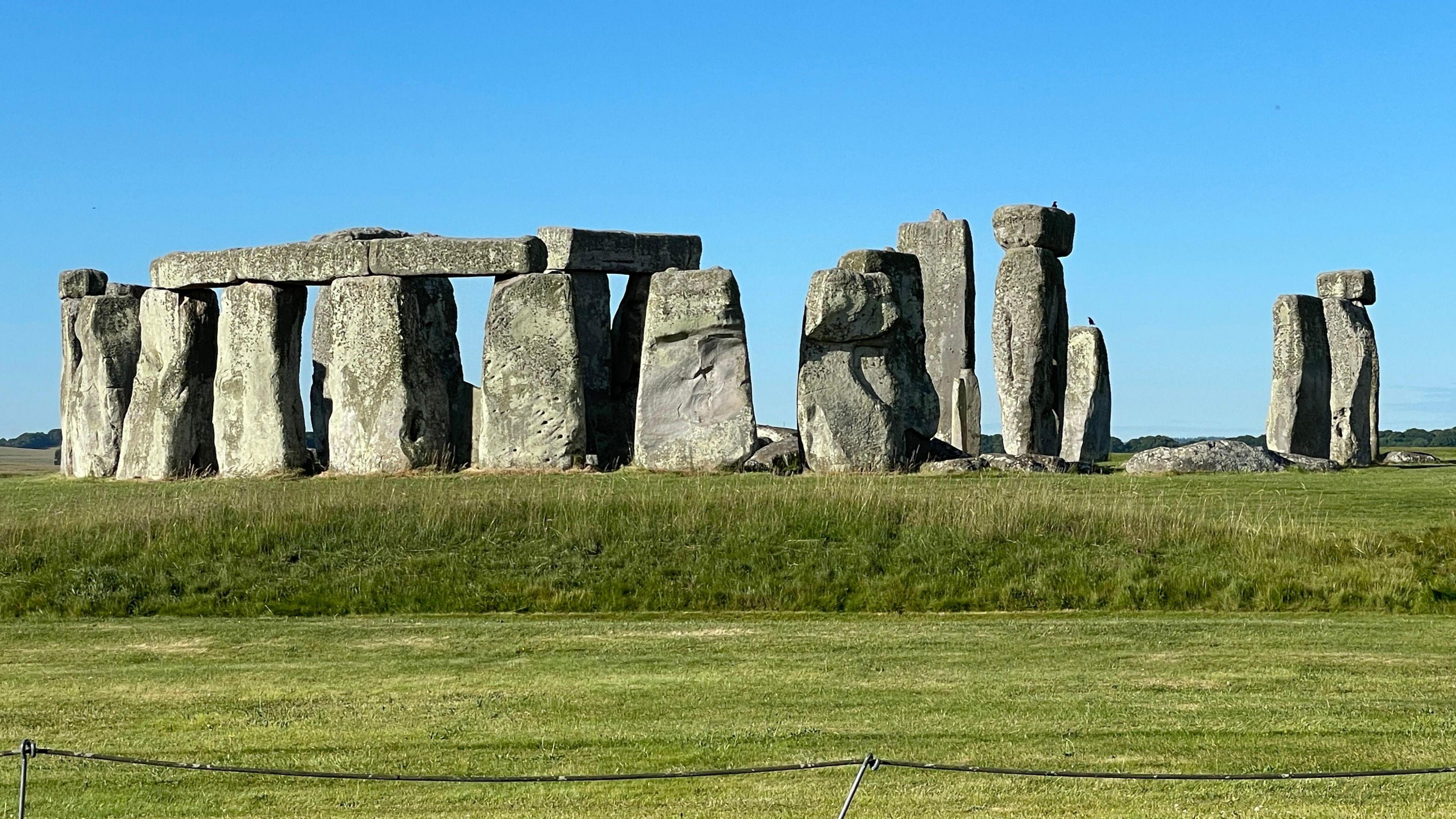
Stonehenge can be seen from the A303
There is general frustration that no official alternative has been suggested - the government has already spent about £180m on the £2bn scheme by the time it was scrapped.
The Department for Transport said in the notice for the proposal to revoke permission that "exceptional circumstances" make it "appropriate".
In a statement, it added: "Given the challenging financial picture we inherited, we had to make difficult decisions about a number of road projects as they were unfunded or unaffordable."
It said it was committed to investing in projects which delivered for the taxpayer and was investing "nearly £5bn in this year alone" in the UK's road network.
Get in touch
Tell us which stories we should cover in Wiltshire
Follow BBC Wiltshire on Facebook, external, X, external and Instagram, external. Send your story ideas to us on email or via WhatsApp on 0800 313 4630.
- Published24 October

- Published4 November
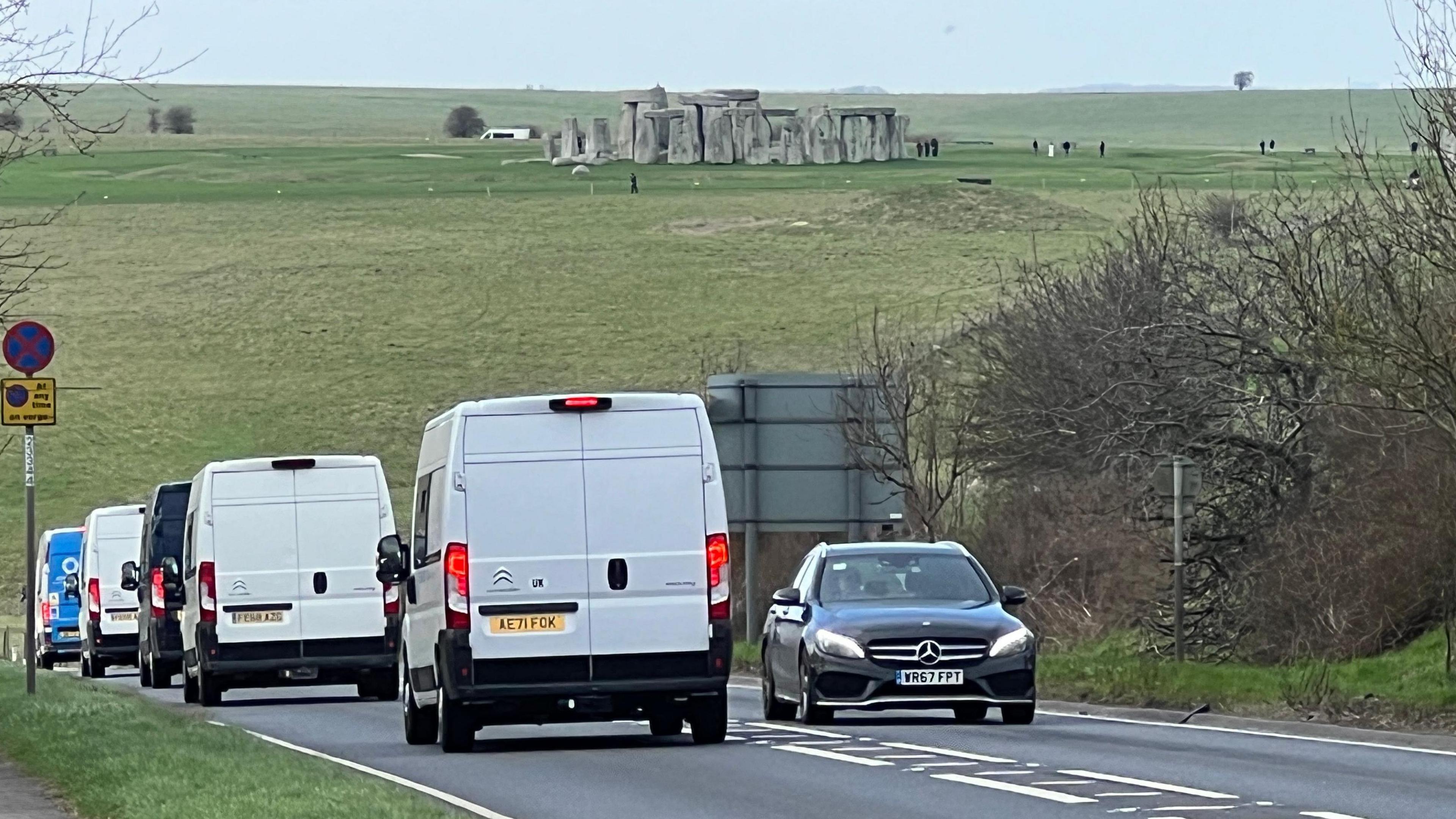
- Published25 June 2024
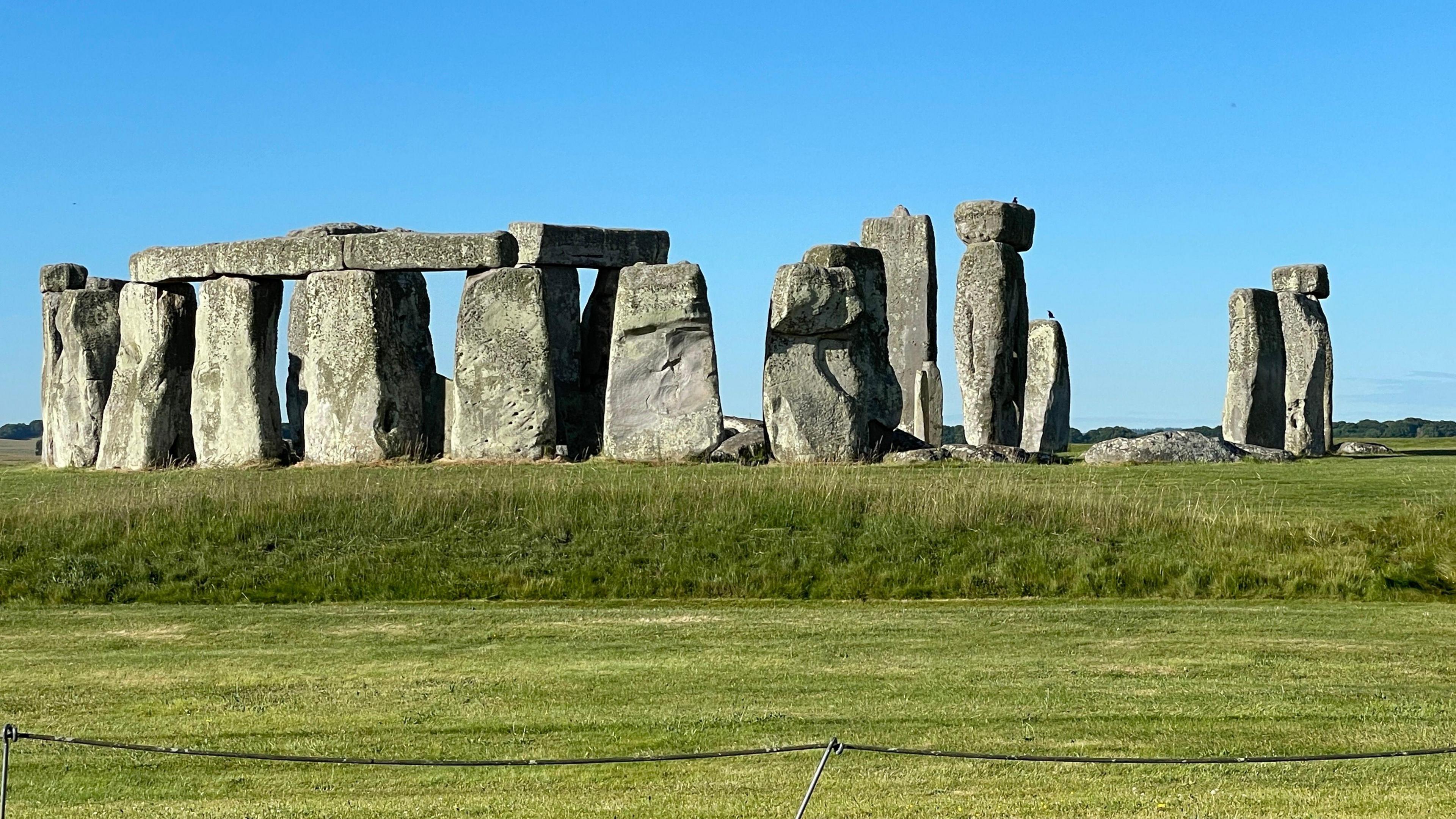
- Published29 July

- Published12 November
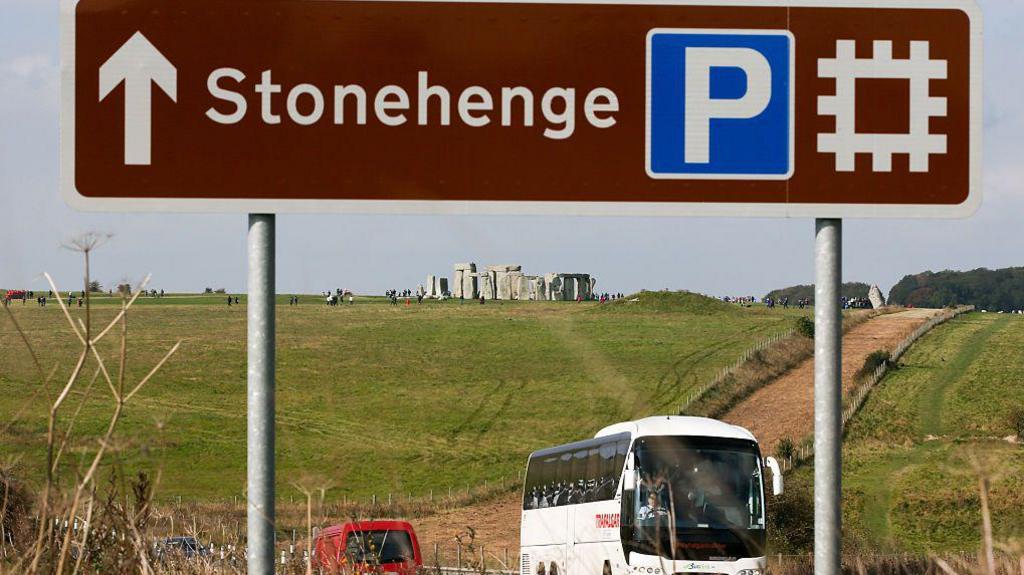
- Published20 February 2024
